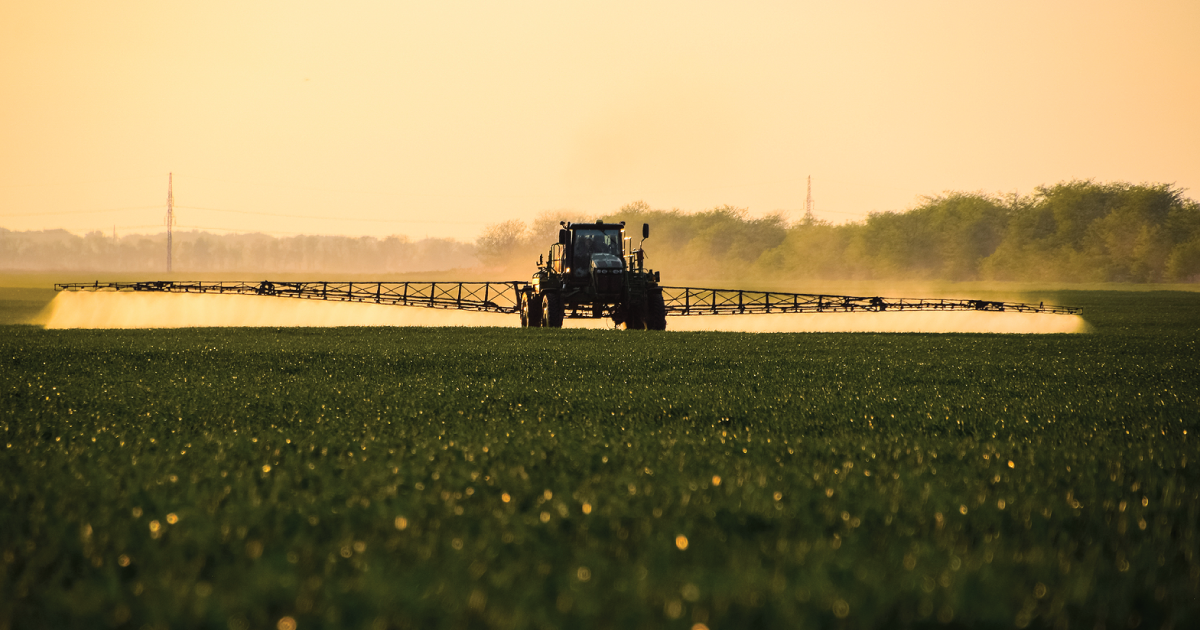
Banned Pesticides Still in Use in the EU
Pesticide active substances can be banned at EU-level if they do not meet the safety criteria to protect human or animal health, the environment or ground water. However, the Europe regulatory framework allows Member States to grant 120-day derogations for the use of pesticides that are not authorised.
April 1, 2023 | Source: Pesticide Action Network Europe | by
Pesticide active substances can be banned at EU-level if they do not meet the safety criteria to protect human or animal health, the environment or ground water. However, the Europe regulatory framework allows Member States to grant 120-day derogations for the use of pesticides that are not authorised. We analysed the EU Commission database on the so-called ‘emergency authorisations’ for 24 normally non-approved active substances between 2019 and 2022. We found no less than 236 derogations given to 14 substances from that list. These substances are all highly hazardous to human health and/or the environment. Neonicotinoid insecticides represent 47.5% of such derogations. Endocrine disrupter herbicide diquat is the second most popular derogation. The highly toxic soil fumigant 1,3-dichloropropene – never approved in the EU – completes the podium.
A big discrepancy between Member States was observed. Austria (20), Finland (18) and Denmark (17) are the countries giving the most derogations, while Luxembourg, Malta and Bulgaria did not declare any such derogation.
